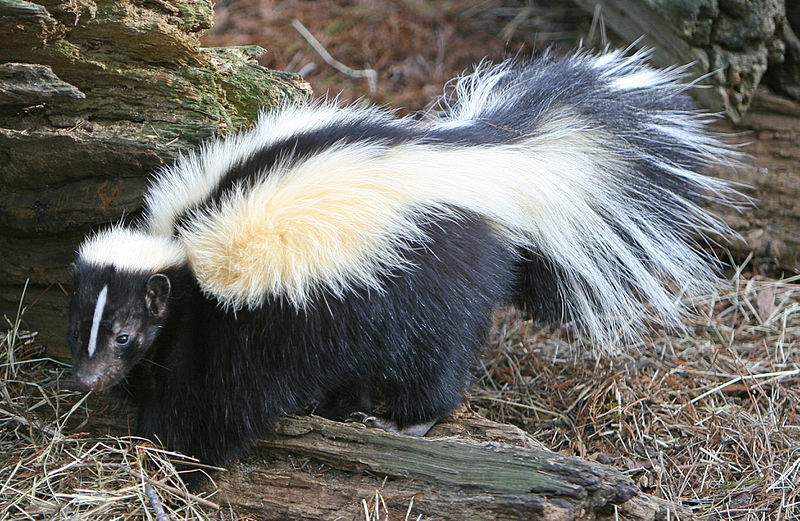DECEMBER 22, 2023 – Today I drove through mist, fog, and rain to our “Red Cabin” on the shores of Grindstone Lake in northwest Wisconsin. Usually the lake surface freezes by Thanksgiving, and by Christmas the ice will safely support any number of recreational activities, from skating, skiing and ice-fishing to cross-lake snowmobiling. Trees of the forest are in repose, slumbering under a thick blanket of snow. Smoke curls from the chimney top as the wood-burning stove keeps the cabin warm and cozy in side. Today’s conditions, by contrast, were so mild I hiked along the shore and throughout the woods unencumbered by cold wind, ice or snow.
I had equally easy access to the old family cabin at the east end of Björnholm. The place is shuttered for the season, but as always happens when I’m there, I felt the presence of my ancestors, whose indelible physical imprints remain. Most obvious, of course, is the cabin itself and the extensive stone masonry by the hands of Dad and Grandpa. But more subtle reminders abound as well—the martin house that Dad built and raised atop a tall pole; the location of the wood piles where Dad and Grandpa split untold quantities of firewood; the heavy wire clothes lines between ancient oaks, where Ga hung the laundry; the stump of the original balsam fir that Ga found in the woods and transplanted to the yard, where thriving still are its progeny, including a tree whose lower boughs all but hide the stump from view.
Behind the cabin is an even more obscure feature that for me, anyway, is a clear reminder of Grandpa’s courage and kindness. The feature is nothing more than the slope to the narrow drive as it rises from the bend below the back of the cabin and leads up to the garage. Whenever I walk down that dirt drive, I think of Grandpa’s encounter there with a skunk.
It was no ordinary skunk. More precisely, it was a skunk in no ordinary circumstances. The poor creature presented itself to Grandpa—who had just exited the garage—as a skunk with an ill-fitting tin hat, one that had slipped down over the skunk’s eyes, ears, snout, and jaws. In other words, from Grandpa’s viewpoint, the black-and-white animal had a tin can for a head.
Grandpa’s first reaction wasn’t fear. It was guilt.
Back in those days the favored method of disposal of bottles and tin cans was to toss them into a small pit behind a nearby moraine and cover them with leaves. No harm no foul. But naturally, local wildlife would visit the spot to sup on any “residuals” that hadn’t been rinsed down the kitchen sink—and out the pipe that ran under the drive and stuck out of the hill on the other side. Again, out of sight and out of mind.
When Grandpa saw the tin-headed skunk staggering up the drive, he knew instantly the origin of the can and felt bad about it: he was responsible for the skunk’s predicament. “The poor thing was just trying to feed himself,” Grandpa later said in recounting the incident.
Grandpa was innately kind—a trait that Dad attributed to Grandpa’s father. Based on stories I heard about Grandpa’s escapades in his youth, he probably acquired a degree of derring-do from doing dumb stuff and surviving. Moreover, in his late 20s he wound up on the Western Front in the Great War and had faced the sorts of things that either gave a man courage or robbed him of it.
In any event, when face to face . . . er, face to can . . . with that skunk, Grandpa acted with courage to assuage his guilt. He started by giving verbal assurances to the skunk. “Now, little fella,” he said, “I’m gonna get you out of this fix, you just wait and see. I know you’re scared, and I know when your kind get scared, you let off a terrible stink, but you’re not gonna have to do that, because I’m here to help you, okay?”
Grandpa’s soft words seemed to be working. The skunk stopped in the middle of the road, giving Grandpa a chance to back up to the garage to fetch two extra walking canes, each about four feet long. He then re-approached the skunk slowly and offered more words of comfort.
“You see, you’re just gonna have to sit still there fella while I use these two sticks to get that darn can off your head.” With that he pressed the canes against opposite sides of the can and gently tugged and pulled the can until it was off the skunk’s head. As Grandpa later reported, the skunk looked up at Grandpa, shook its head a little, then turned and walked away, down the drive to the bend and off into the woods. No harm, no stink.
Fast forward a thousand years to yesterday. When we asked our second grade granddaughter the question of the day, “What did you learn at school?” she reported the latest factoid she’d gleaned from what has become her “favorite” library book: Weird but True Facts – Extreme Edition.
“I learned that if your dog gets sprayed by a skunk, you’re supposed to wash the dog with tomato juice.”
I’d heard/read this before, but I don’t know anyone who’s actually tried it. “Depending on the size of the dog,” I said, “that remedy could involve an awful lot of tomato juice.”
I then told Illiana the story of guilt, courage, and kindness featuring her great-great-grandfather. As I recounted it, I considered an alternative outcome: the skunk running scared and spraying Grandpa at close quarters. Without a tomato juice bath, being in his company would’ve been unbearable for a very long time. How much tomato juice, I wondered, would it have taken to fill the cabin bathtub?
Subscribe to this blog and receive notifications of new posts by email.
© 2023 by Eric Nilsson
